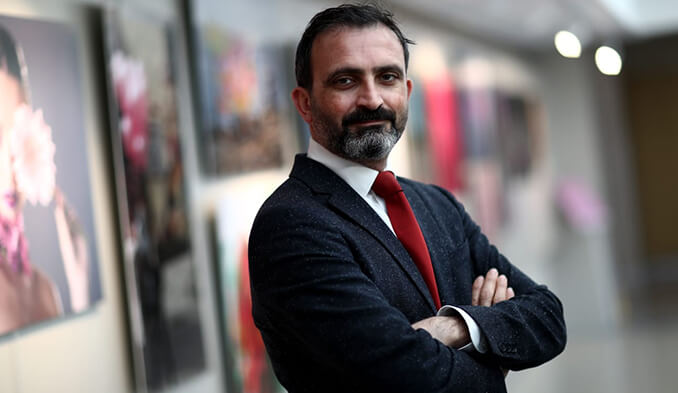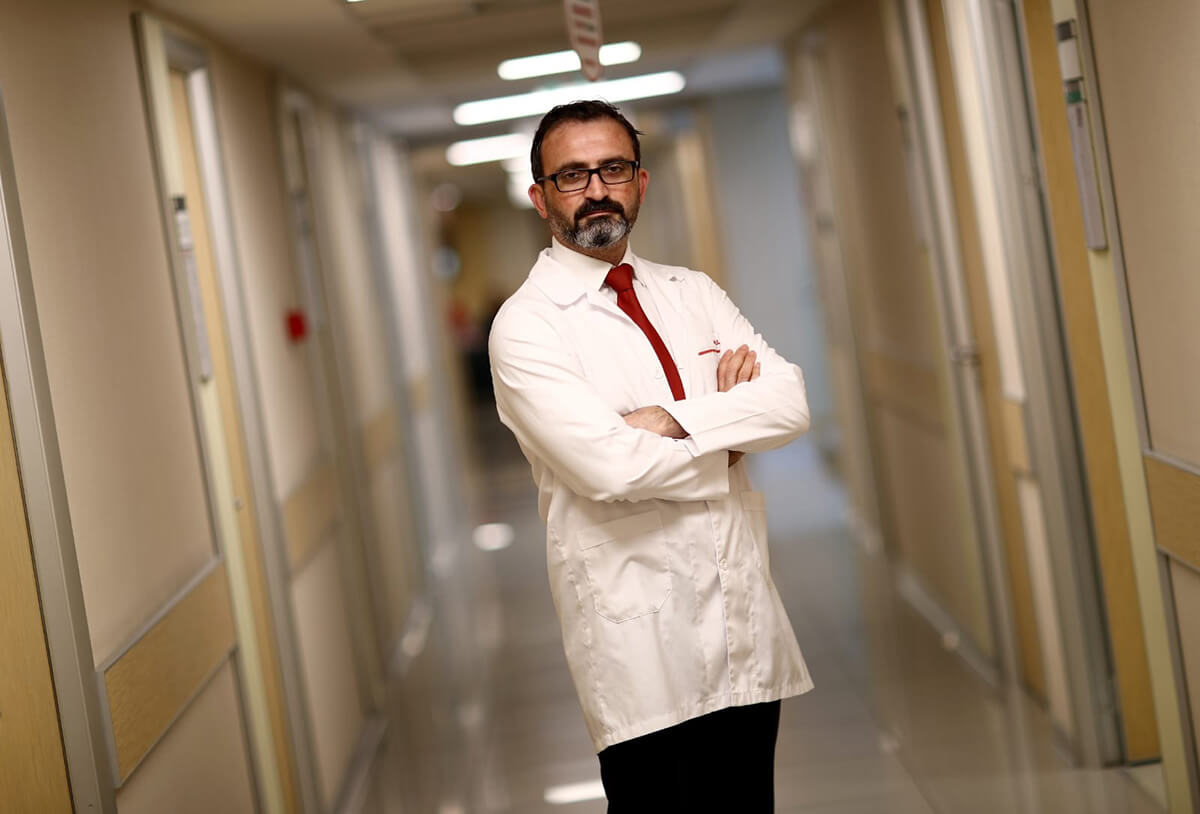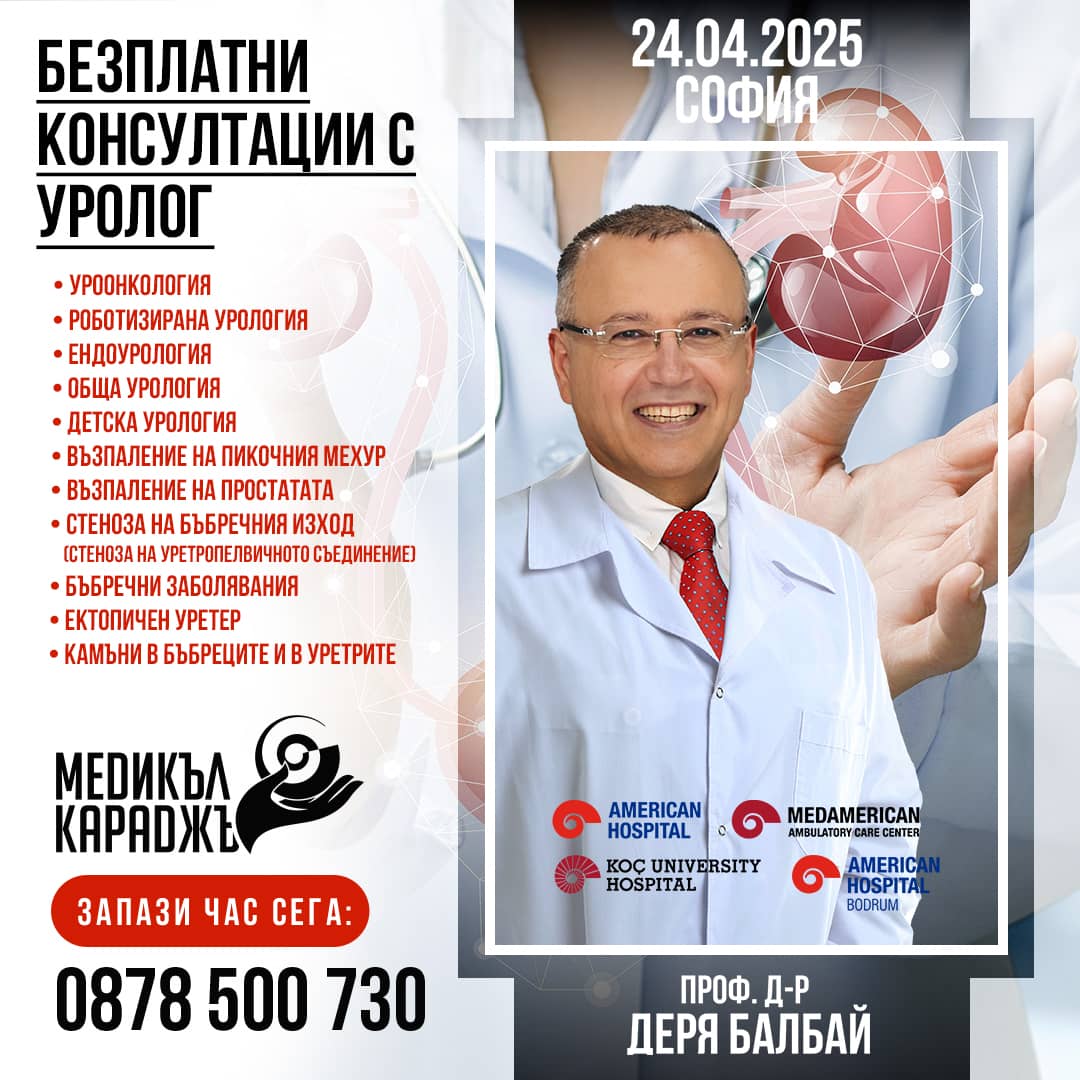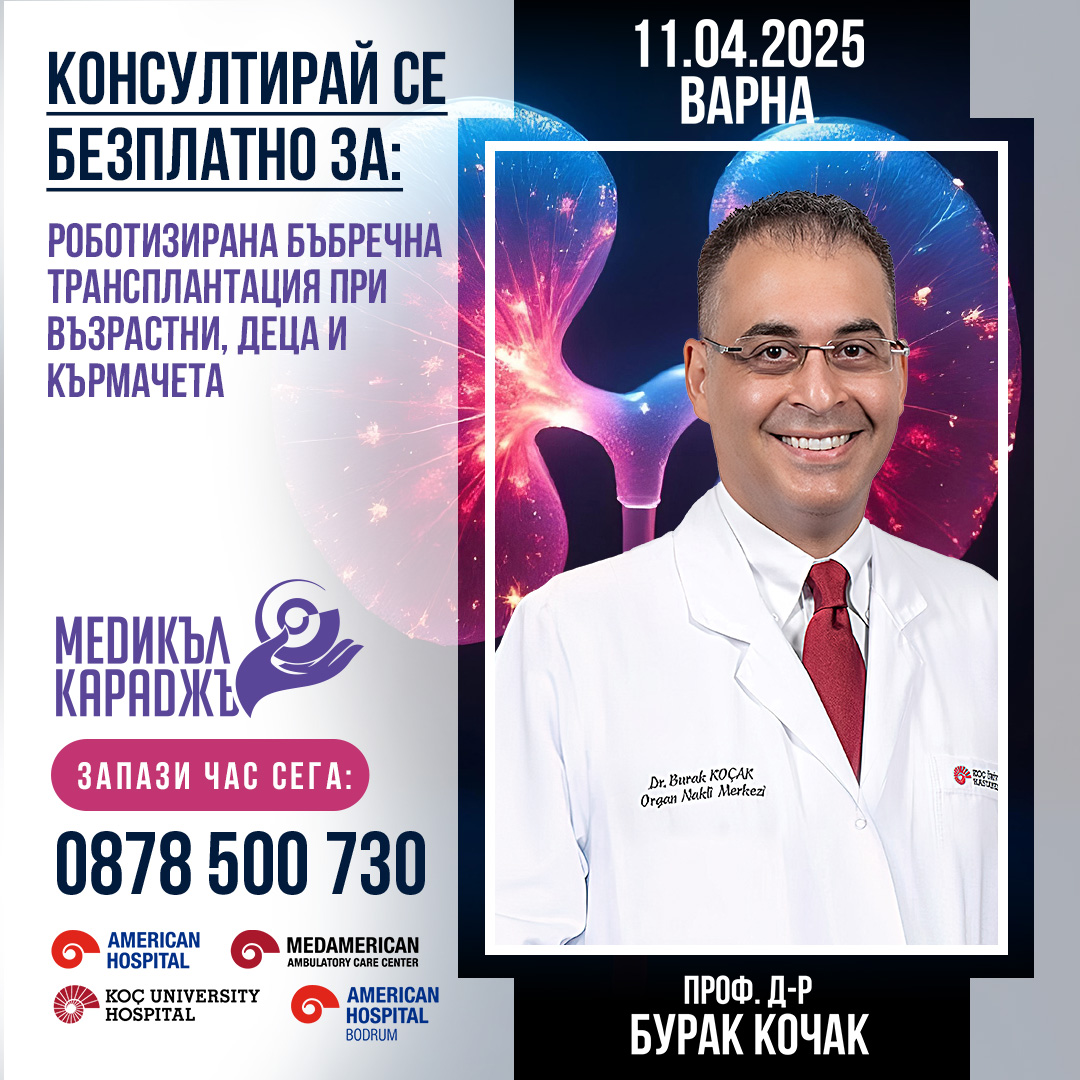Prof. Dr. Oguzhan Karatepe, a surgeon from Memorial Hospital in Turkey, will consult patients in Sofia for free on July 6 and 7. Prof. Karatepe will be available for consultations in the coming days. Karatepe is among the most prominent specialists in Turkey in the fields of liver and pancreatic surgery; laparoscopic and robotic Whipple surgery for pancreatic cancer; bariatric surgery for obesity. He is coming to our country at the invitation of the Health Information Center "Medical Karaj", within the framework of their initiative to provide Bulgarian patients with access to the most advanced methods in medicine, partnering with some of the best clinics and specialists worldwide.
Whipple surgery for pancreatic cancer
Pancreatic cancer is among the most difficult cancers to diagnose and treat. The disease occurs most often in people over the age of 60 and progresses rapidly. Unfortunately, it is not yet curable by medication and surgical treatment is the only possible treatment. If diagnosed early, pancreatic cancer is successfully treated with so-called Whipple surgery. This is a complex but life-saving operation which has achieved very good results in the treatment of tumours of the pancreatic head, duodenum and bile ducts. During the procedure, about half of the stomach, the head of the pancreas, the entire duodenum and the nearby bile ducts are removed. Due to the high complexity of the surgery, it is imperative that it is performed in a first-class hospital by an experienced medical team.
Prof. Oguzhan Karatepe performs the complex surgical intervention with state-of-the-art laparoscopic (closed) and robot-assisted techniques, allowing for greater comfort and faster recovery for the patient.
Depending on the specific case, doctors may also recommend radiotherapy. For pancreatic cancer patients, the most common treatment is so-called externally administered radiotherapy, which is often given at the same time as chemotherapy to reduce the size of tumours or remove them completely.
Operative treatment in obesity
Metabolic or "bariatric" surgery is a type of surgical intervention that is applied to people with a body mass index (BMI) above 40 or, in some cases, above 35 who are unable to normalize their weight with the help of medication, diet and exercise. Successful surgery in such a case reduces both the weight and the risks of co-morbidities. Surgical intervention aims to limit stomach volume and the amount of food intake, or to reduce nutrient absorption, or a combination of both. Nowadays, several different surgeries are used - gastric balloon, gastric bypass, etc. The decision of exactly what surgery to undertake should be made by an experienced medical team, taking into account the individual factors for each particular patient.
Prof. Karatepe and his team apply laparoscopic methods in bariatric surgery, which shortens the patient's recovery period.
Surgical treatment of type 2 diabetes
Type 2 diabetes is the most common form of this disease, and in recent years, surgical treatment has established itself as a curative option for patients who fail to control their diabetes with standard treatment. Surgery for type 2 diabetes results in remission in 78% of patients, normalizing blood sugar levels and eliminating the need for medication. Approximately 90% of those who had surgery experienced improvements, including a reduction in blood sugar levels, a reduction in medication intake, and an improvement in their overall health.
In this type of surgery, however, the experience of the medical team is crucial to assess the condition of each individual patient and make the right decision about whether he or she is suitable for surgery and exactly what kind of surgery it should be.
Prof. Dr. Oguzhan Karatepe is a specialist with nearly 20 years of experience in some of the most prestigious medical institutions in Turkey. He has authored more than 60 scientific publications in international journals and more than 100 in his home country.
For further information and free consultation with prof. Karatepe on 6-7 July in Sofia, call tel. 0879 977 401 or 0879 977 402.









